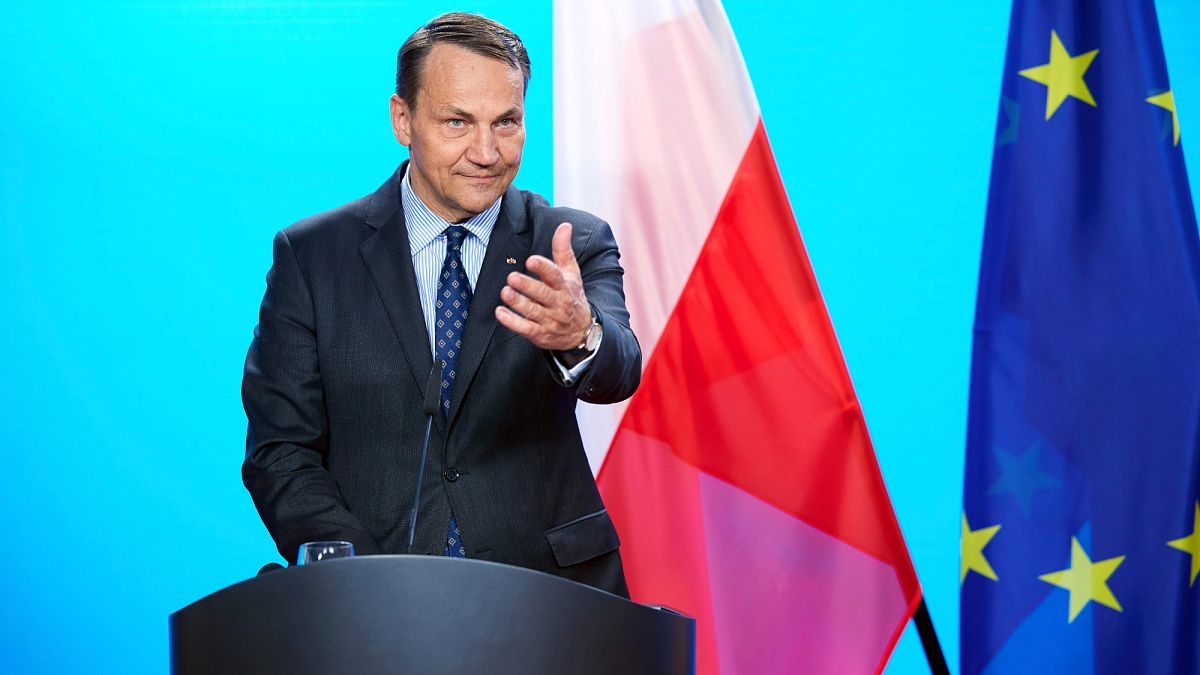

In a time of evolving global dynamics, varying regions are responding to societal challenges with measures that aim to foster inclusivity, justice, and well-being. This article delves into recent developments in Poland, Ukraine, Portugal, Spain, and Bangladesh, each reflecting a unique commitment to improving human conditions and encouraging a more harmonious global community.
In Poland, the Minister of Foreign Affairs, Radosław Sikorski, voiced his concerns over the rise of anti-immigrant and anti-Semitic sentiments within the nation. During a statement issued recently, Sikorski emphasized the importance of rejecting the growing tide of racism and the divisive rhetoric that accompanies it. By standing united against such prejudices, Poland seeks to uphold a culture of acceptance and tolerance, discouraging any form of discrimination that could imperil communal harmony.
Meanwhile, in Ukraine, the United Nations’ refugee agency is actively involved in efforts to protect those displaced by ongoing conflict. As drone strikes and ballistic missile assaults continue to pose severe threats, the focus on facilitating safe shelters near home provides a semblance of stability and comfort to millions affected. These initiatives highlight the commitment of international bodies to support displaced populations, ensuring their safety and hope amidst turmoil.
In a move that aligns with broader European standards, Portugal has recently reclassified rape as a public crime. The legislative change, which saw support from various members of the Socialist Party, underscores the country’s dedication to justice and protection for victims of sexual violence. By ensuring that cases can be prosecuted regardless of victim action, Portugal strengthens its legal framework to foster a society where accountability prevails, and victims receive the necessary legal support.
A landmark legal ruling in Spain has further underscored the importance of environmental rights. A court has declared that the pollution from a local pig farm breached the human rights of nearby residents. This decision marks a significant victory for environmental advocacy, paving the way for the community to reclaim their reservoir as a vibrant, life-sustaining resource. Such rulings emphasize the intersection of environmental sustainability and public health, reinforcing the fundamental human right to a healthy environment.
Across the globe in Bangladesh, the caretaker government led by Nobel laureate Muhammad Yunus has abolished the protocol requiring female officials to be addressed as “sir,” a remnant of prior governance. This change in protocol symbolizes a step towards gender equality, reflecting a broader commitment to dismantling institutional relics that no longer serve a modern and egalitarian society. By embracing language that respects individuality, Bangladesh sets a precedent for acknowledging and valuing the contributions of women in public service.
In summary, these distinct but interconnected developments reveal a common thread of progress and unity in addressing pressing societal issues. As nations reevaluate policies and legal frameworks, the focus on human rights and social justice remains a testament to a collective aspiration for a more equitable and understanding world. Through measured responses and careful consideration, the global landscape continues to evolve towards fostering peace, inclusion, and respect for all individuals.
Source: {link}
